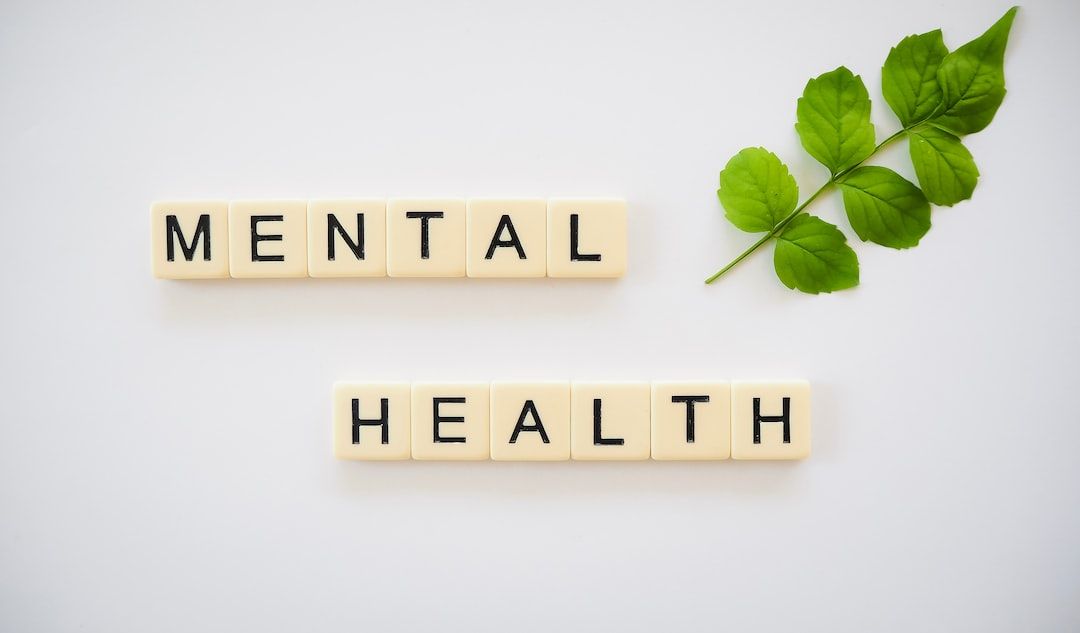
What Is Mental Health?
Mental health refers to a person's overall psychological well-being. It encompasses various aspects of life, including emotional, cognitive, behavioral, and social functioning. Mental health is influenced by biological, social, and environmental factors, and it can be affected by life events and experiences.
Mental health is crucial for individuals to lead a fulfilling and productive life. It impacts the way people think, feel, and behave, and it is essential for maintaining healthy relationships and coping with stress and adversity. Poor mental health can lead to a range of problems, including emotional distress, impaired functioning, and reduced quality of life.
There are several factors that contribute to mental health. Biological factors, such as genetics, brain chemistry, and hormones, can influence mental health. Social factors, such as family relationships, social support, and cultural beliefs, also play a role. Environmental factors, such as poverty, trauma, and exposure to violence, can affect mental health as well.
Mental health disorders are conditions that affect an individual's mental health and interfere with their ability to function in their daily life. These conditions can vary in severity and can impact people in different ways. Some common mental health disorders include anxiety disorders, mood disorders (such as depression and bipolar disorder), personality disorders, psychotic disorders (such as schizophrenia), and substance use disorders.
Anxiety disorders are characterized by excessive worry or fear about specific situations or objects. These disorders can include generalized anxiety disorder, panic disorder, phobias, and obsessive-compulsive disorder (OCD). People with anxiety disorders may experience physical symptoms, such as sweating, trembling, or rapid heartbeat, in response to their fears.
Mood disorders, such as depression and bipolar disorder, involve disturbances in a person's mood or emotions. Depression is characterized by feelings of sadness, hopelessness, and a lack of interest in activities. Bipolar disorder involves periods of depression and periods of mania, which can include elevated or irritable mood, increased energy, and impulsive behavior.
Personality disorders are conditions in which an individual's personality traits cause significant problems in their life. These disorders can include borderline personality disorder, narcissistic personality disorder, and antisocial personality disorder. People with personality disorders may struggle with relationships and have difficulty regulating their emotions.
Psychotic disorders, such as schizophrenia, involve disturbances in a person's thoughts, perceptions, and behaviors. People with psychotic disorders may experience hallucinations (such as hearing voices or seeing things that aren't there) or delusions (false beliefs that aren't based in reality).
Substance use disorders involve the excessive use of drugs or alcohol, which can lead to a range of physical and mental health problems. Substance use disorders can include addiction, dependence, and withdrawal symptoms.
There are several ways to promote good mental health. One important factor is social support, which can come from family, friends, or community organizations. Social support can help individuals cope with stress, provide a sense of belonging, and promote positive self-esteem. Other factors that can promote good mental health include regular exercise, healthy eating habits, adequate sleep, and avoiding harmful behaviors such as drug or alcohol abuse.
There are also several treatments available for mental health disorders. Psychotherapy, or talk therapy, is a common treatment approach that involves talking with a trained mental health professional. This type of therapy can help individuals identify and change negative thought patterns and behaviors that are contributing to their mental health problems. Medications, such as antidepressants or antipsychotics, can also be effective in treating some mental health disorders. Additionally, lifestyle changes, such as reducing stress and improving sleep habits, can also improve mental health.
In conclusion, mental health is an essential aspect of overall well-being. It encompasses various factors that can influence a person's emotional, cognitive, behavioral, and social functioning. Mental health disorders can have a significant

Appreciate the creator